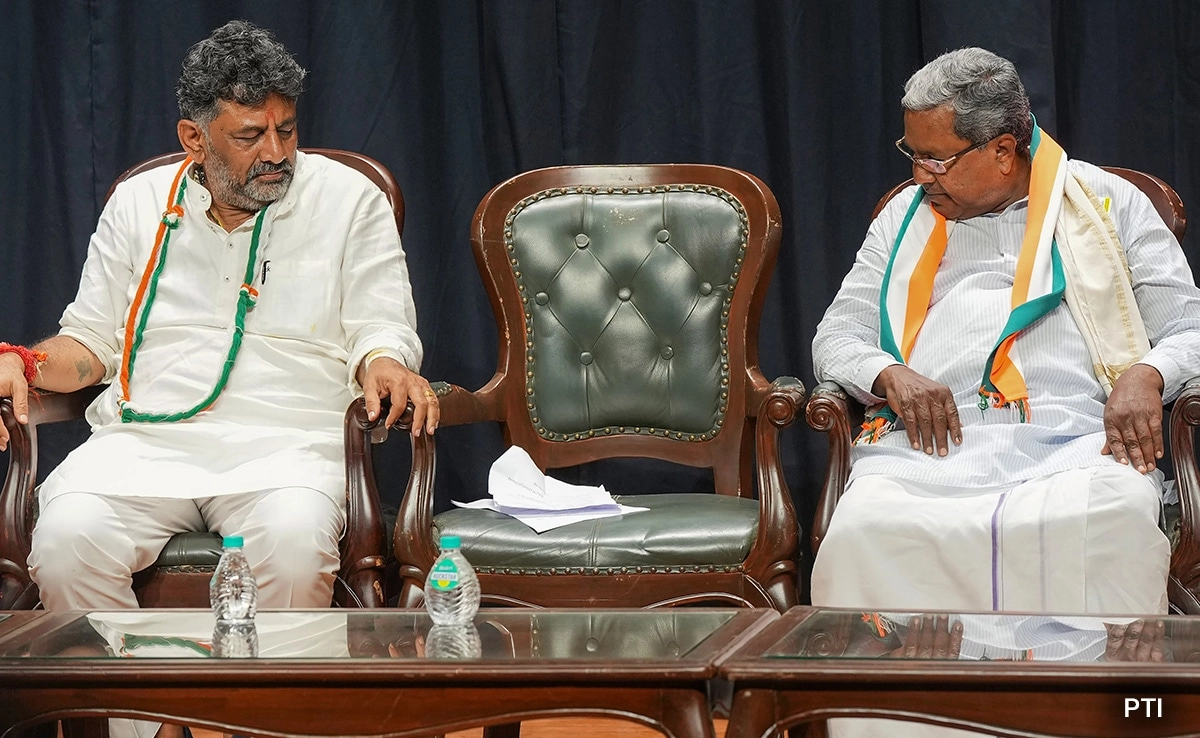New Zealand’s Minister has recently come under fire for making controversial remarks regarding communication with Indian nationals. During a public address, the Minister stated that he “never responds to Indians’ emails,” a comment that has sparked outrage among the Indian community both in New Zealand and abroad. Critics argue that such statements reflect a broader issue of cultural insensitivity and a lack of respect for the contributions of the Indian diaspora to New Zealand society. The remarks have been interpreted as dismissive and have raised questions about the Minister’s approach to inclusivity and engagement with diverse communities.
Following the backlash, various community leaders and representatives have called for an apology, emphasizing that the Minister’s words could perpetuate negative stereotypes and alienate a significant portion of the population. The Indian community in New Zealand plays a vital role in the country’s economy, culture, and social fabric, making the Minister’s comments particularly concerning. Many individuals have taken to social media to express their disappointment, highlighting the importance of respectful dialogue and understanding between different cultures. They argue that the Minister’s comments undermine the efforts made towards fostering a multicultural society.
In light of the uproar, there are calls for the Minister to engage in a dialogue with the Indian community to better understand their concerns and to promote a more inclusive approach to governance. This incident serves as a reminder of the need for political leaders to be mindful of their language and the potential impact it can have on various communities. As New Zealand continues to evolve as a multicultural nation, it is essential for its leaders to embrace diversity and ensure that all voices are heard and respected. The hope is that this incident will lead to more constructive conversations about cultural sensitivity and the importance of inclusivity in public discourse.




